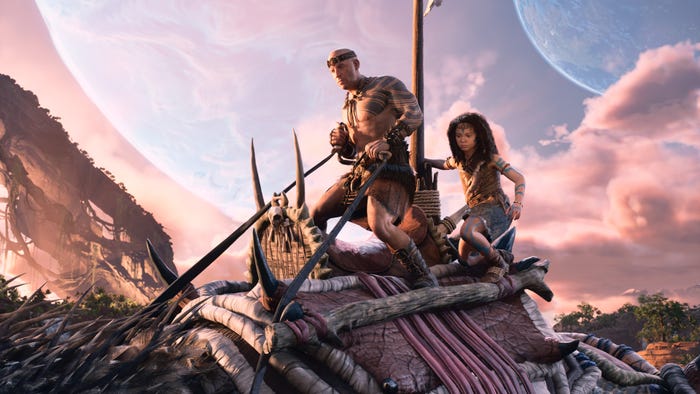What's A 'First Person Social' Game, Anyway?
Former Activision exec Chris Archer tells Gamasutra about U4ia, his new studio aimed at creating 'first person social' games that bring multiplatform persistence to the FPS genre online.

Amid the social gaming boom, many developers are looking at opportunities to capture traditional gaming audiences on growing new platforms -- or to merge emerging social forms with popular core designs. That's what two veterans of Call of Duty purveyor Activision are doing with U4ia, a new startup announced earlier this month. "What we're doing is we're creating AAA hardcore games in a browser with deep social integration," says Chris Archer, U4ia chief creative officer and former Activision Publishing executive producer. Archer co-founded the studio with former Activision Publishing head Dusty Welch, and recently raised $1.5 million in an initial investment round. He calls the Bellevue-based studio of about 15 "small and scrappy," and an ideal size to work in the rapidly-evolving social space. "We're going where we think the market's going to be, what people really want," Archer tells Gamasutra, "and that's a deeper, more fulfilling experience either on the social network or just through a web browser with easy access to AAA content -- the likes of what you might see on a console." The studio's trademarked a name for it -- "first person social" gaming. U4ia is founded in the idea that gamers are migrating away from traditional consoles to phones and internet, Archer explains. Yet while the social space is exciting, it's lacked the depth to welcome serious players. He hopes the company's upcoming game, due to launch in 2012, will address that. "It's an FPS, but deeply tied socially," he explains. In particular, his team seeks deep integration between the PC and mobile experiences of the game, suggesting such integration remains an under-explored field for games. "The landscape has changed. People are expecting to be able to connect more, and we're not really providing that in hardcore experiences," Archer says. In particular, this landscape shift offers new opportunities to design for the FPS fan, he believes. "The first-person fan in particular is looking to build, compete and show off; those are the elements we think are really paramount to that experience." That view seems to dovetail with what his former employer, Activision, believes as regards its new Elite service, which launched alongside Modern Warfare 3. The service has seen something of a troubled launch, plagued by service problems the company claims are primarily due to high demand. Despite issues, the company says it has already accrued over 1 million paid subscribers, a stat that'd seem to speak to the demand for increased social integration around an FPS experience. "That's really what the shooter fan wants: an interconnected experience," Archer says. "It could be [a Facebook experience], but it doesn't have to be; it just has to be connected." Longtime fans of video games may note that now often seems harder to just play games socially with friends and the like-minded than it was in a prior era, when LAN parties were the best option. "We've really forgotten about that stuff. We'd like to get back to that, where you just pop the game in and immediately LAN party with your friends... and that can happen through web and mobile." Consoles are limited in that they're anchored to a specific room of one's house and not part of an on-the-go lifestyle, Archer believes. Exploring alternate platforms and cross-platform connectivity is the ideal new frontier, in his view, allowing users to access a game from wherever they are and play in short sessions. "That's what we take from the casual space, that people want to jump in and play for as short or as long as they want and not really limit themselves in terms of the way they access it," he says. The mobile version of the company's upcoming game "is not going to be just an FPS knockoff of the PC version of the game," he adds, although the company isn't really prepared to announce too many details. "It will be a standalone product that complements and works together very closely with the PC -- I'd call it interconnected with the PC experience. It's important to have all those things happening in tandem, for the player to be able to sit on the bus, play their game and then feel like there's some continuity to the PC experience."
About the Author(s)
You May Also Like













